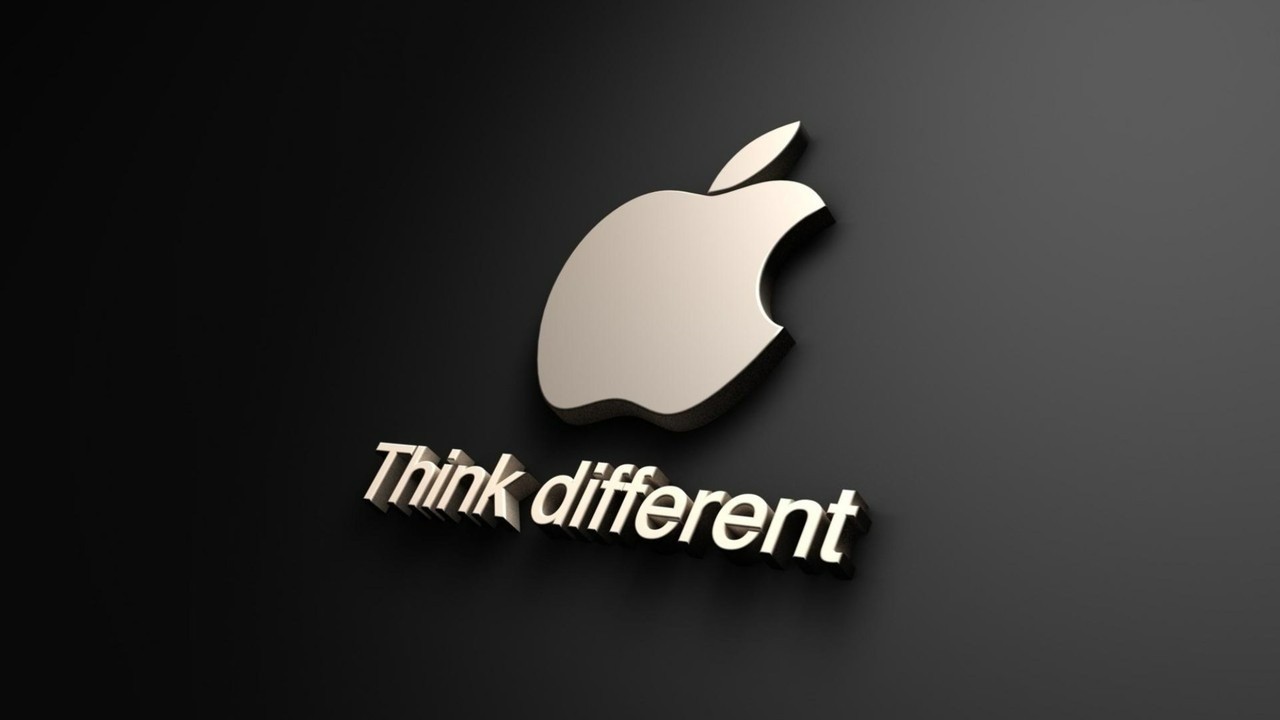Apple’s journey towards a $4 trillion market valuation is marked by a strategic shift towards integrating advanced artificial intelligence (AI) features. Despite initial lukewarm demand for the iPhone 16 series, Apple’s stock has surged by 16% since November, adding $500 billion to its market value and reinforcing its dominance in the tech world.
Refining the iPhone Experience
The iPhone 16 series introduced subtle changes compared to the iPhone 15, addressing user feedback while incorporating foundational AI features under the “Apple Intelligence” umbrella. Key enhancements include:
- iOS 18.2 updates: Introduction of the Image Playground app for stylized image creation.
- ChatGPT integration: Elevating Siri’s capabilities.
- Improved generative AI functionality.
While these updates are not yet fully transformative, analysts predict that as AI adoption broadens, demand for Apple’s smartphones will see significant growth in 2025.
The Impact of Apple Intelligence
Apple Intelligence represents a major leap in how users interact with devices. However, its rollout has been measured due to challenges in integrating generative AI into the Apple ecosystem. Certain features tied to iOS 19 may be delayed until 2026, potentially holding back immediate adoption but paving the way for long-term growth.
China’s Regulatory Hurdles
China, the world’s largest smartphone market, poses unique challenges for Apple due to strict regulatory barriers for generative AI features. Reports suggest Apple is collaborating with local tech giants Tencent and ByteDance to navigate these restrictions. Success in China is critical, as the market significantly contributes to Apple’s annual iPhone revenue.

Services Division: A Financial Cushion
Amid fluctuations in iPhone demand, Apple’s Services division has emerged as a reliable growth engine. Projected to generate $100 billion in revenue by 2025, Services could account for 25% of the company’s total revenue. Analysts anticipate the unit’s valuation to hit $1.6 trillion by the end of 2024.
Analysts’ Predictions for 2025
Morgan Stanley and Wedbush analysts project robust iPhone demand by 2025, driven by expanded AI capabilities and geographical reach. Wedbush estimates more than 240 million iPhone units could be sold in fiscal 2025, potentially the highest in Apple’s history.


